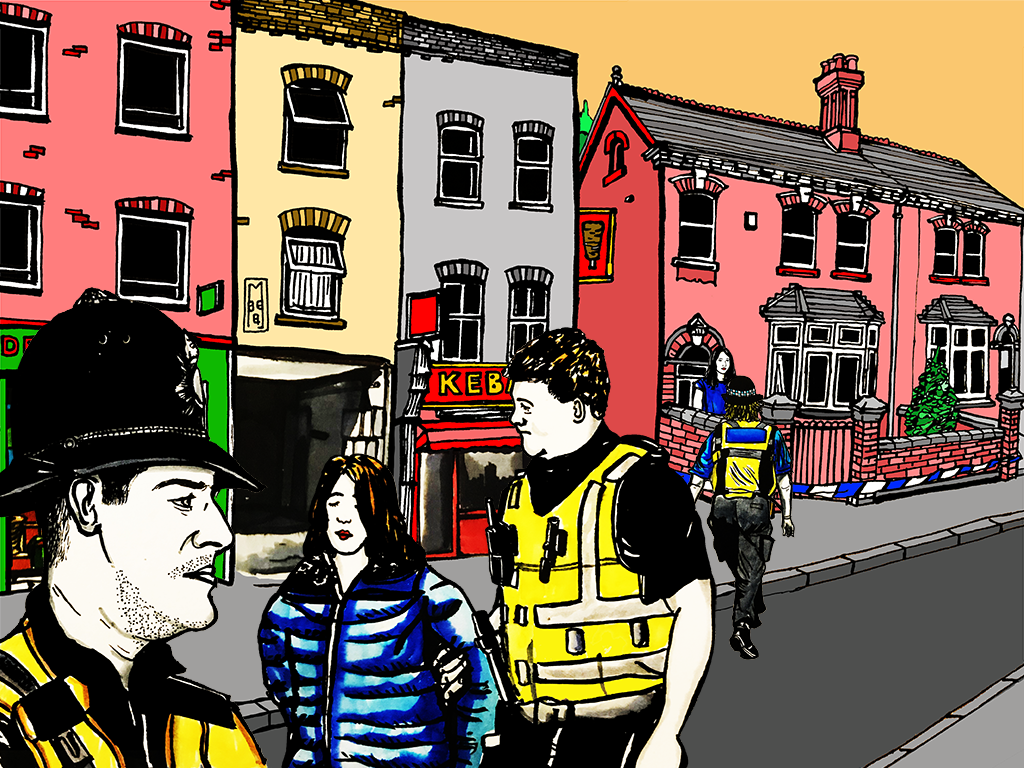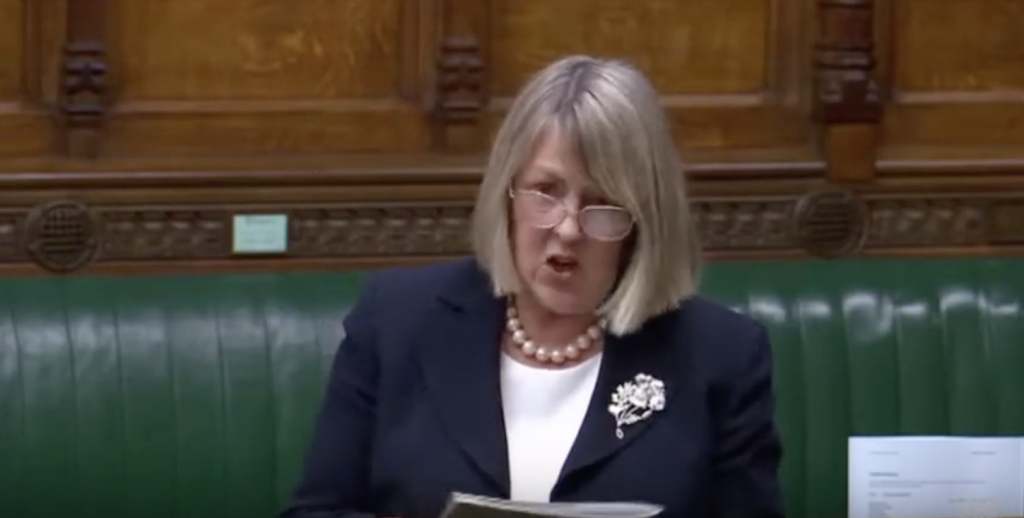A Conservative commission report calling for sex workers’ clients to be criminalised is “flawed” and characterised by an “ideological bias”, according to dozens of academics and experts.
The Sex Work Research Hub issued an open letter on Thursday (1 August 2019) criticising research published by the Conservative Party Human Rights Commission last week.
The Commission’s report calls for prostitution in the UK to be decriminalised but for buying sex to be made a criminal offence – an approach known as “the Nordic Model” after it was introduced in Sweden two decades ago. It claims to punish the buyers of sex work while decriminalising sex workers themselves.
The chair of the Conservative Party Human Rights Commission, Fiona Bruce MP, who wrote a forward for the report, announced her intention in Parliament on Monday (26 July 2019) to submit a bill to “strengthen consent laws” and “end demand for prostitution”.
But the Sex Work Research Hub’s open letter, signed by 36 academics and experts, says that the Commission’s report is “riddled with inaccuracies” and accuses the Commission of ignoring evidence from grassroots organisations representing “the voices and realities” of UK sex workers.
“This report reads like a self-fulfilling political pamphlet strategically juxtaposing evidence rather than building a scholarly argument by reviewing critically all evidence supporting and challenging the research question being asked,” the letter reads.
It adds that the Commission’s report has been “poorly conceived” and “cannot form a reliable basis for policy-making and law enforcement on sex work and sexual exploitation in the UK”.
The open letter comes days after Conservative London Assembly member Andrew Boff called the report “dangerous” and campaign group the English Collective of Prostitutes accused the Commission of “callous arrogance”. Boff also said that the Commission is not a formal body of the Conservative Party but has merely named itself after it.
What Does The Report Recommend?
Fiona Bruce MP in the House of Commons. Image Credit: Youtube.
The Commission’s 54-page report, entitled The Limits of Consent, argues that decriminalising selling sex would enable prostitutes to leave the industry without the stigma of being involved in an illegal trade, as well as reducing exploitation and trafficking.
Its findings are based on a review of existing research on the impact of sex work laws in the UK as well as evidence on alternative approaches taken in other countries, such as Sweden, Norway, New Zealand and Canada. It is also based on three “oral evidence sessions,” one of which featured evidence from four people with “lived experience of prostitution”.
Among its recommendations is to publish police guidance to make enforcement of the law more consistent across England and Wales. The report takes the view that “the entire system of prostitution is built upon the exchange of money for sexual consent”.
“Without the money, there would be no consent,” it adds. It concludes “that it is therefore accurate to characterise our system as allowing for the purchase of sexual consent, and believes that this undermines the principle of sexual consent itself”.
‘Riddled With Inaccuracies’

Dr Teela Sanders (pictured) is co-chair of the Sex Work Research Hub along with Rosie Campbell and Nic Mai.
The Sex Work Research Hub’s main accusation against the Commission’s report is that it “dismisses available evidence in favour of moralising”. It gives the example of two academic reviews on street sex work policing being pitted against a Daily Mail article on the same subject, favouring the findings of the latter.
It also argues that the report is misleading in painting Sweden, France, Ireland and Canada as “successful examples of the Nordic Model”. Since the Nordic model was introduced in Ireland in 2017, there has been a 54 percent increase in crime against sex workers reported to Ugly Mugs Ireland, and violent crime is up by 77 percent.
Also among the Hub’s criticisms of the report is that it conflates sex work with sexual exploitation, human trafficking and modern slavery. “It does not reflect complex and diverse experiences of those working in the sex industry, nor does it reflect current legislation in the UK according to which sex work is not illegal and is distinct from sexual exploitation, trafficking and modern slavery,” the Hub’s letter states.
The Commission is also accused of ignoring sex workers’ voices. “It is telling that there are no voices of current sex workers in this report,” the letter reads. “Such exclusion of vital voices operates to reinforce the marginalisation of sex workers so prevalent within society.”
All this week (from 29 July 2019), RightsInfo is devoting its coverage to the issue of sex workers’ rights and safety. We are publishing a series of stories from a range of experts including sex workers themselves.
You can read more from our campaign here and join in the conversation on social media using hashtags #MakeAllWomenSafe and #KeepSexWorkersSafe.
What to know more? Why not read:
- Conservative commission’s sex work proposals are ‘dangerous’, says Tory politician.
- A specialist nurse explains the difference between sex work and trafficking.
- Sex workers’ rights ‘a pipe dream’ while criminalisation exists, experts says.








